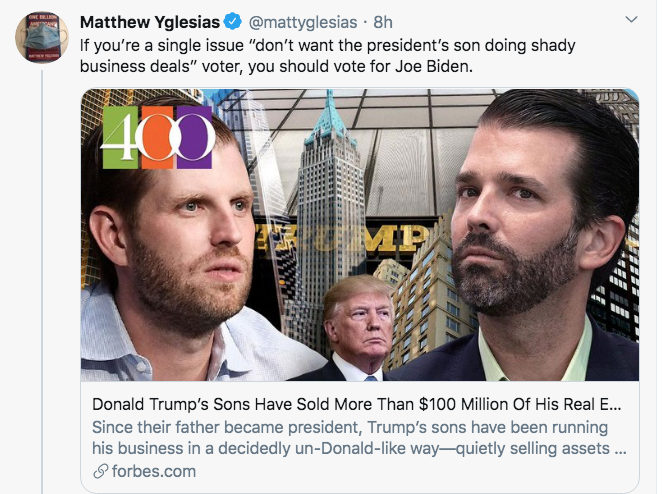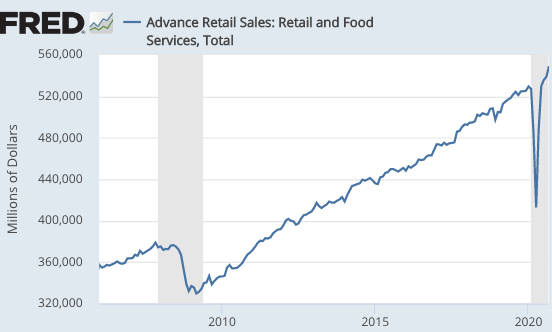Why is the press so easy on Trump?
Over the past 4 years, I’ve consistently argued that the press has gone easy on Trump. The criticism for his botched handling of the Puerto Rico hurricane was mild compared to the criticism Bush received for his handling of Katrina. (Perhaps neither president should be blamed, but there is a clear double standard.)
Trump outrages that would cause a normal president to be hammered by the press for months are barely even mentioned by the US news media. How much attention was paid to Trump’s praise of war criminals? Or his encouraging Xi to put Muslims into concentration camps? Or his claim that we should have stolen Iraq’s oil? Almost none. Why does he consistently get off almost scot-free?
Now the media seems to be acknowledging its shameful double standard:
He is held, by necessity, to a more forgiving standard than any modern president. But however low the bar is set, Trump continues to trip over it.
Here is the question by Guthrie that gave Trump the most difficulty:
“Let me ask you about QAnon. It is this theory that Democrats are a satanic pedophile ring and that you are the savior, of that. Now can you just, once and for all, state that that is completely not true?”
Answering this query should have been extremely simple. Trump couldn’t do it.
Imagine if Biden had been asked the same question. He would have had little difficulty saying, ‘No, the Democratic party is not the cover for a satanic sex ring.’ The reason reporters don’t pose this question to Biden is not because it would be too difficult for him to answer, but because it would be too easy.
Another example:
Guthrie asked Trump why he tweeted “a conspiracy theory that Joe Biden orchestrated to have SEAL Team Six, the Navy SEAL Team Six, killed to cover up the fake death of bin Laden.” If Biden had tweeted out a claim that Trump had killed somebody, and that person was in fact alive, he would probably be asked about it — a lot. Indeed, if Biden had tweeted a ludicrous murder accusation, it would represent a crisis for his campaign so dire that the press would likely talk about little else. His allies would be pressed to denounce him, and Democrats would be discussing ways to force him off the ticket. For Trump, it was just another item on the list of questions.
It’s not the first time Trump has made a baseless murder accusation.
PS. I like Matt Yglesias’ take on the Hunter Biden scandal:

One corrupt son is better than two.
PPS. This headline caught my eye:
Ardern Storms to Historic Election Victory After Crushing Covid
Wait . . . you mean voters like it when you prevent thousands of deaths?
Maybe that’s why Merkel is so popular.



